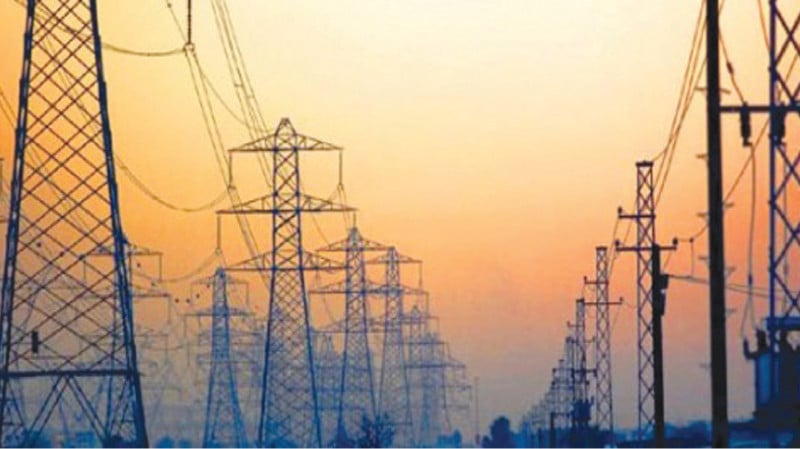ISLAMABAD: Due to the indexation of tariff components and other costs for the year 2024–2025, six power utilities, or DISCOs, have requested a revenue requirement of Rs967 billion. As a result, power users should prepare for another significant increase in electricity bills.

Indexation of tariff components is the process of relating different tariff components, including prices, taxes, or charges, to a benchmark or index. This index may be based on variables such as changes in market conditions, cost of living adjustments, or rates of inflation.
Indexation has two purposes: it keeps tariffs in line with the state of the economy and offers a way to periodically adjust them to account for shifts in the underlying variables that drive pricing and expenses.
These DISCOs have requested revenue needs in different multi-year tariff applications that they have filed with the National Electric Power Regulatory Authority (Nepra).
Tariffs for these DISCOs under the Multi-Year Tariff (MYT) regime have already been set by Nepra, the power regulator, and will apply for a period of five years, from FY 2020–21 to FY 2024–25.
A regulatory framework known as the MYT regime is used in the energy industry, namely in the distribution of electricity, to set tariffs for a period of time that spans several years, usually between three and five years.
Under the MYT regime, tariffs are established for a specified period of time based on predicted expenditures, investments, and income requirements, rather than being set annually by regulatory bodies.
According to the Consumer End Tariff Methodology (Guidelines), 2015, the modified Nepra Act, and the adjustment process specified in its notified MYT determination, the DISCOs have now submitted requests for indexation of various parts of their revenue requirement for FY 2024–2025.
Including Rs15.5 billion for salaries, Rs13.1 billion for post-retirement benefits, Rs47.8 billion for gross margins, Rs43 billion for net margins, and Rs19 billion for a prior-year adjustment, Gepco has requested a total income demand of Rs376.2 billion in their plea.
For the fiscal year 2023–2024, Mepco has requested a revenue demand of Rs. 160 billion for the indexation of tariff components and other costs. In total, it has requested payment of Rs20.9 billion for salary and perks, Rs24 billion for benefits after retirement, Rs78.3 billion for gross margin, and Rs72 billion for net margins.
In order to meet its revenue needs, Qesco has requested Rs236 billion, of which Rs9.1 billion is for pay and benefits, Rs2.68 billion is for post-retirement benefits, Rs31.8 billion is for gross margin, and Rs29 billion is for net margins. The amount sought is Rs13.9 billion due to an adjustment from the previous year.
Tesco has requested a Rs92 billion revenue requirement. It requests salaries and benefits of Rs1.47 billion, post-retirement benefits of Rs565 million, gross margin of Rs6.8 billion, and net margins of Rs6.30 billion. Wheeling charges and a prior-year adjustment are sought in the amounts of Rs941 million and Rs8.17 billion, respectively.
Pesco’s income requirements were Rs67.2 billion, of which Rs18.8 billion are for salary and benefits, Rs14 billion are for post-retirement benefits, Rs57.7 billion are for gross margin, and Rs52.6 billion are for net margins. The amount sought is Rs10.6 billion due to an adjustment from the previous year.
Sepco has set aside Rs35.7 billion for revenue requirements, of which Rs20.6 billion are allocated for operating and maintenance expenditures, Rs1.8 billion for depreciation costs, Rs28.9 billion for gross margin, Rs26.5 billion for net margins, and Rs9.2 billion for a prior-year adjustment.
Nepra has been contacted by the DISCOs to approve an increase in electricity rates in order to recoup billions of rupees from customers. On April 2, the electricity regulator will hold a public hearing regarding these petitions.










































